
Ecovative Design Awarded $9.1 Million U.S. Department of Defense Research Contract
Ecovative Design Awarded $9.1 Million U.S. Department of Defense Research Contract
Ecovative Design, world leader and pioneer in the design and manufacturing of mycelium-based biomaterials, announced on Wednesday, June 27, 2017, that it was awarded a DARPA (Defense Advanced Research Projects Agency) contract with a value of up to $9.1 million to develop and scale next generation building materials. According to the press release announcing this 4-year research project, Ecovative will collaborate with leading synthetic biology, biochemistry and systems biology researchers from Columbia University (Dr. Virginia Cornish and Harris Wang, Ph.D.), NYU ( Jef D. Boeke, Ph.D.), and MIT (Christopher A. Voigt, Ph.D.).The project aims to create living materials that are more versatile, more efficient, and more cost effective in rapidly creating structures: growing the structures in places where there is a need. The project is also designed to demonstrate that the materials can be manufactured at scale.

Eco-East | 20,000 Square Feet. Source: https://www.ecovativedesign.com/aboutThe U.S. Department of Defense, which includes DARPA, is often charged with building structures, for shelter and other civilian and military uses in environments with unknown and few resources for such structures. It is Ecovative’s vision that a U.S. military unit will be able to create its base of operations by growing the necessary building materials and required structures, including items such as shelter, barriers and furniture.The project is funded through DARPA’s Engineered Living Materials (ELM) program. The ELM program was started in August, 2016, and its goal is to create new materials that demonstrate the structural properties of conventional building materials with the features of living systems.Ecovative’s Principal Investigator and Senior Research Scientist, Damen Schaak indicated that this research project is designed to demonstrate it is feasible to (1) grow a living hybrid composite building material in the field using locally sourced feedstocks, (2) genetically reprogram that living material with responsive functionality (wound repair, protective surfaces, and/or infection response, for example), and (3) rapidly reuse and redeploy material into new shapes, forms, and applications.

Grow-It-Yourself / Myco Make. Source: https://shop.ecovativedesign.com/collections/grow-it-yourselfEben Bayer, CEO of Ecovative, commented on the project: “We have used biology to grow materials with exceptional properties that are simply unattainable through conventional chemistry. We have clearly demonstrated these products can be manufactured at scale. This project will demonstrate what is possible when we start taking advantage of biomaterials most powerful property: life itself,” says Bayer. “These same techniques can be used to develop new housing solutions in conventional architecture, as well as support rapidly deployable relief structures in areas struck by natural disasters.”Ecovative’s Chief Scientist Gavin McIntyre stated in regard to the project: “During the last ten years we created a new materials science by demonstrating the versatility of mycelium, in combination with agriculture waste, to create sustainable products with a range of properties and functions,” said. “This next logical step is to determine how to tap the power and potential of a consortia of organisms to create the next generation of advanced, biomaterials. Microbial communities power our bodies and ecosystems, and Ecovative is uniquely positioned to exploit a novel microbiome to propel material science into new frontiers.”This project is aligned with Ecovative’s core mission to envision, develop, produce, and market Earth friendly materials, which, unlike conventional synthetics, can have a positive impact on our planet’s ecosystem.Since it was founded in 2007, Ecovative has been using biology to rapidly and sustainably grow products. Ecovative manufactures a number of products using mycelium, the vegetative part of a fungus, consisting of a network of fine white filaments (hyphae), which Ecovative refers to on its website as “nature’s glue”: formaldehyde-free, safe, and healthy.These products include: MycoBoard, a premium, customizable, certified sustainable engineered wood and MycoFoam, a protective packaging product. Ecovative also offers a Grow It Yourself program which allows buyers to grow their own projects and products.Also in development is MycoFlex, Ecovative’s newest biopolymer material manufactured completely with mycelium. This material is being made through grant funding to replace items such as shoe soles, seat cushions and yoga mats.



.svg)





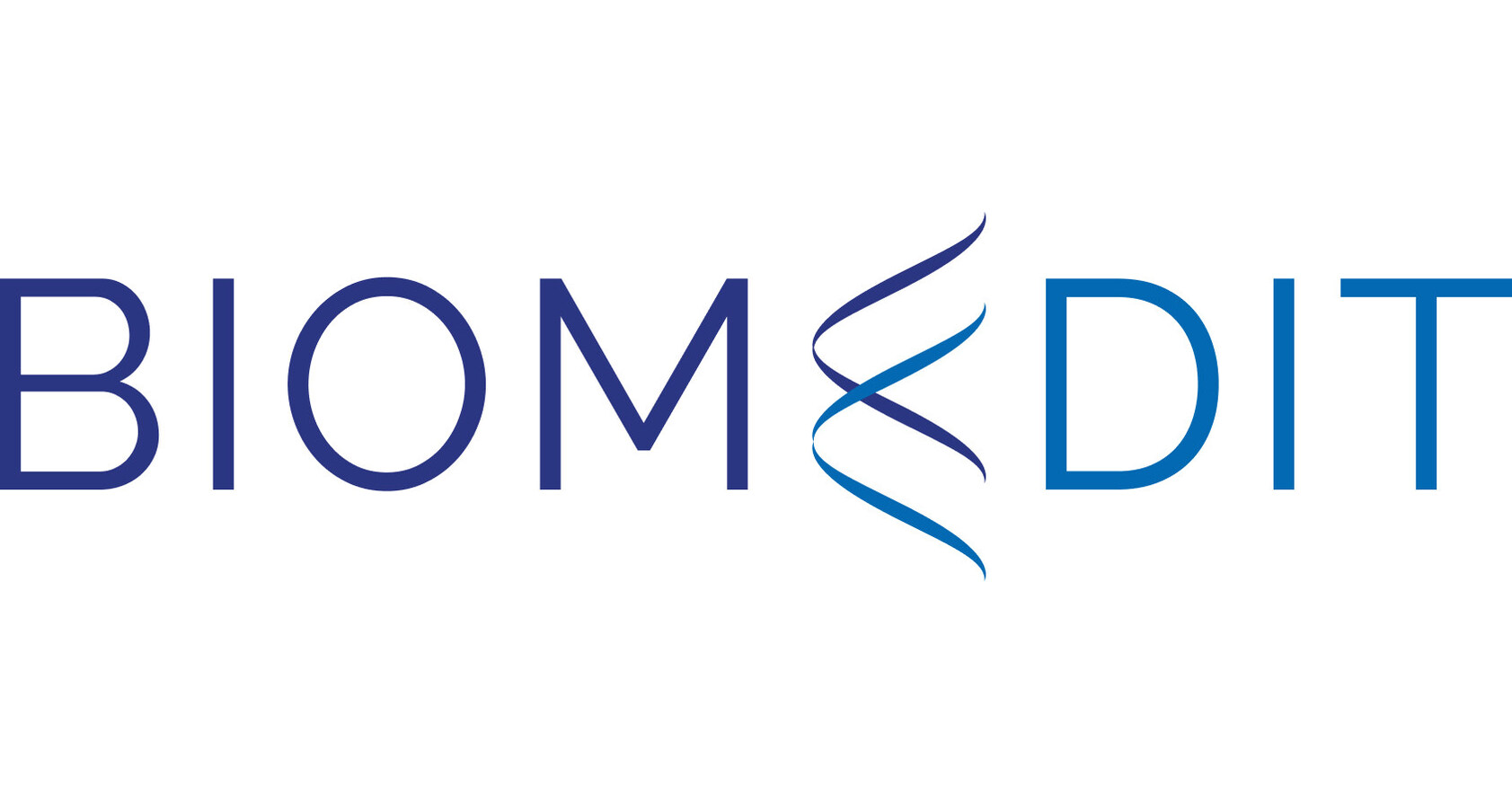
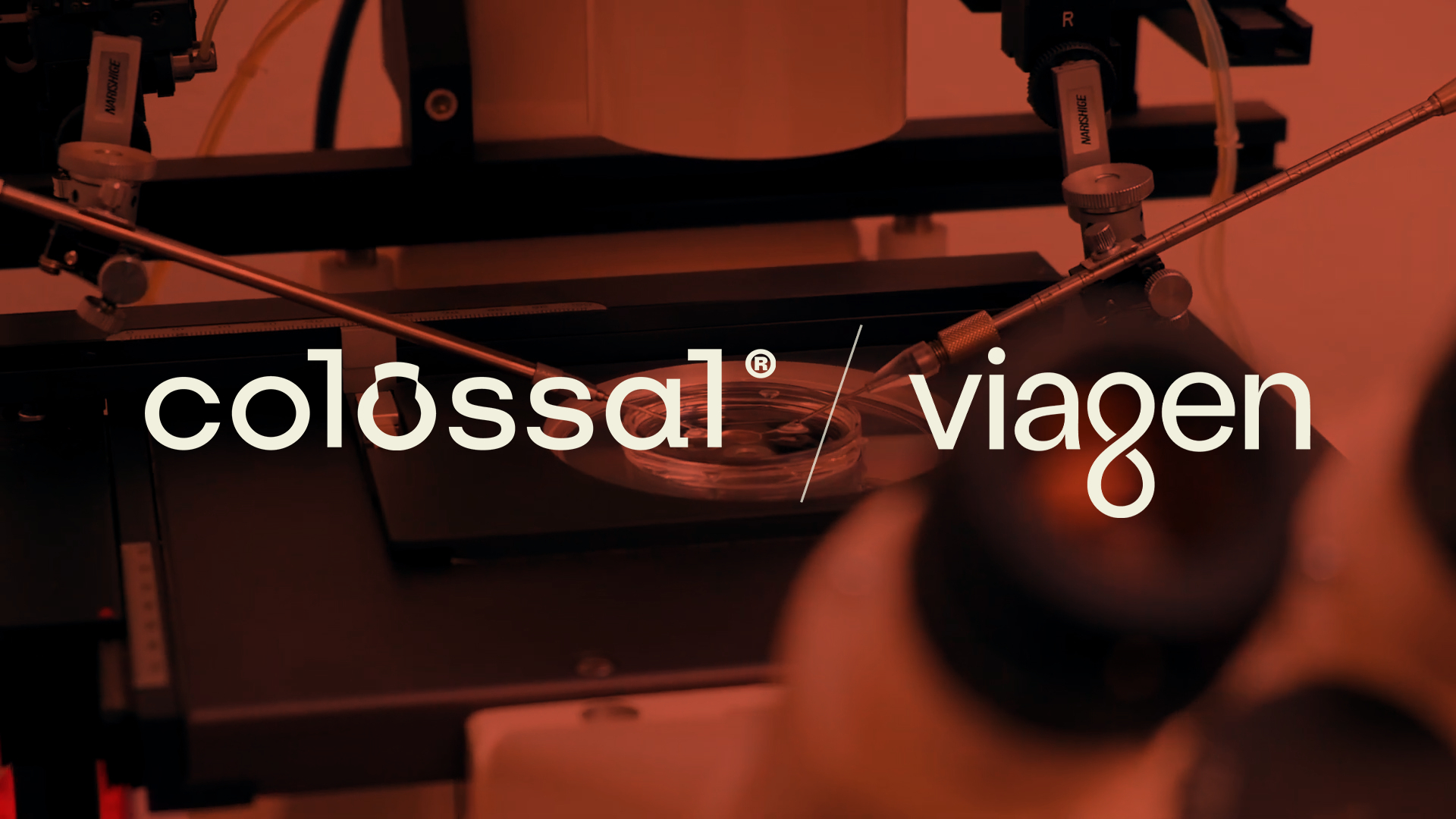
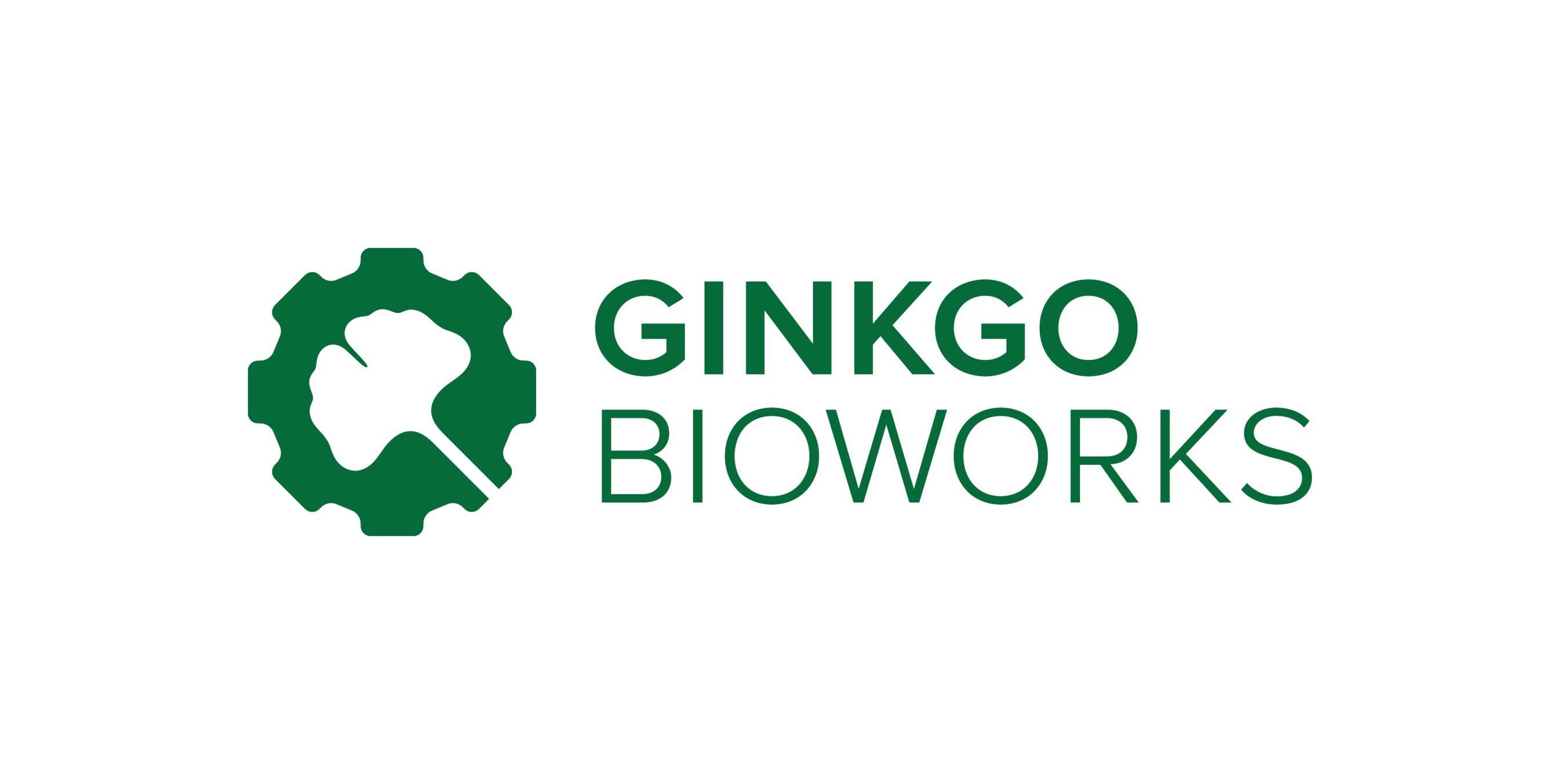
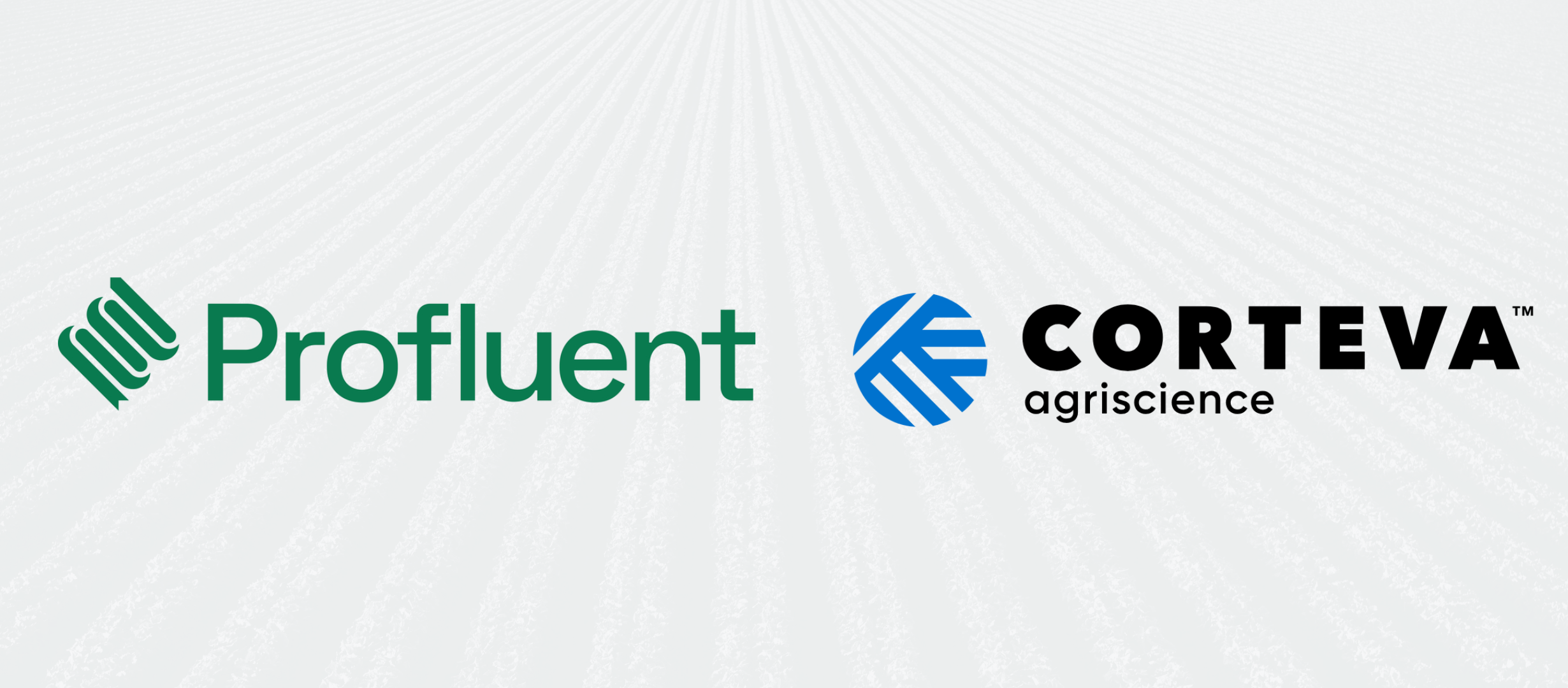
.jpg)
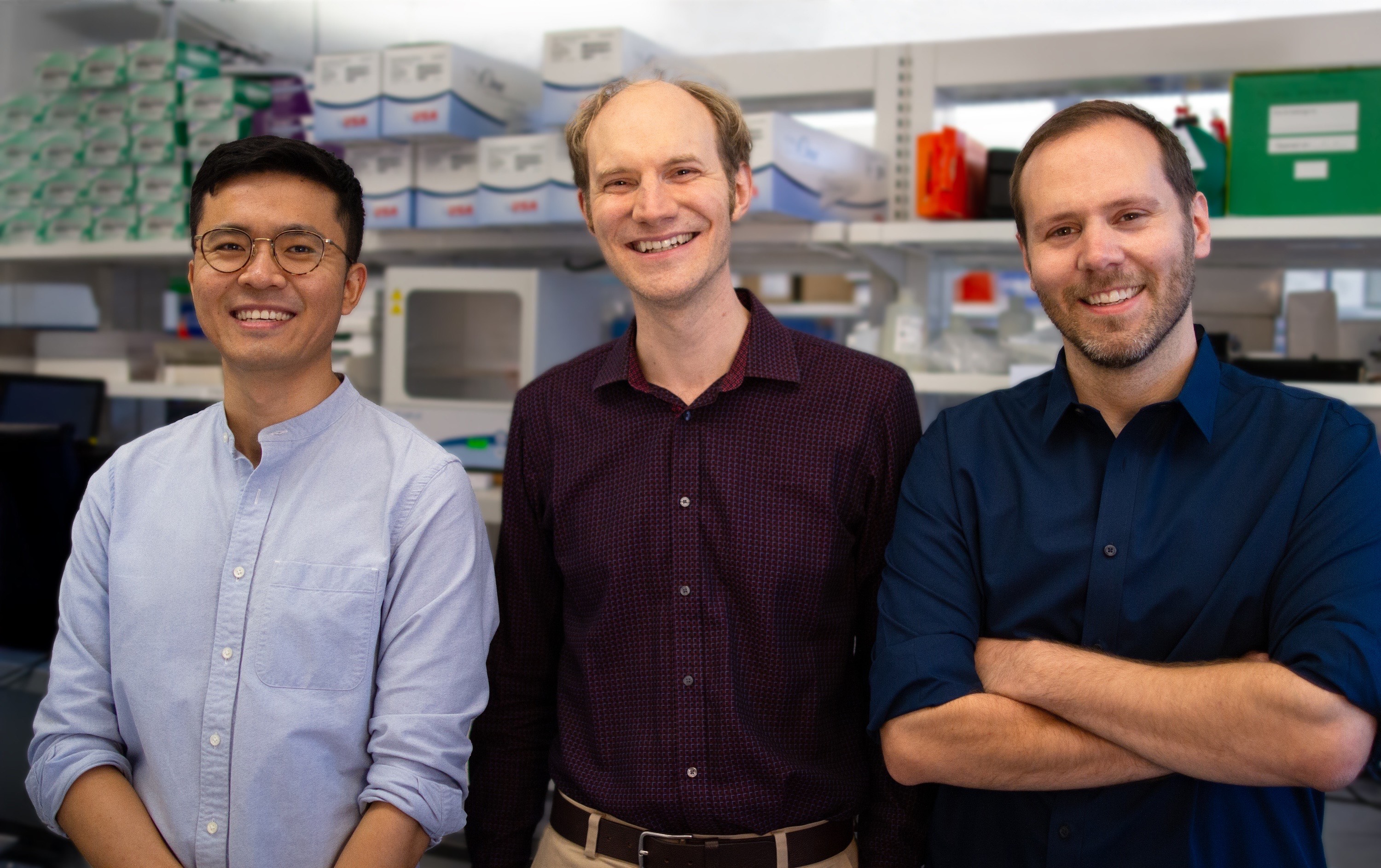
.gif)